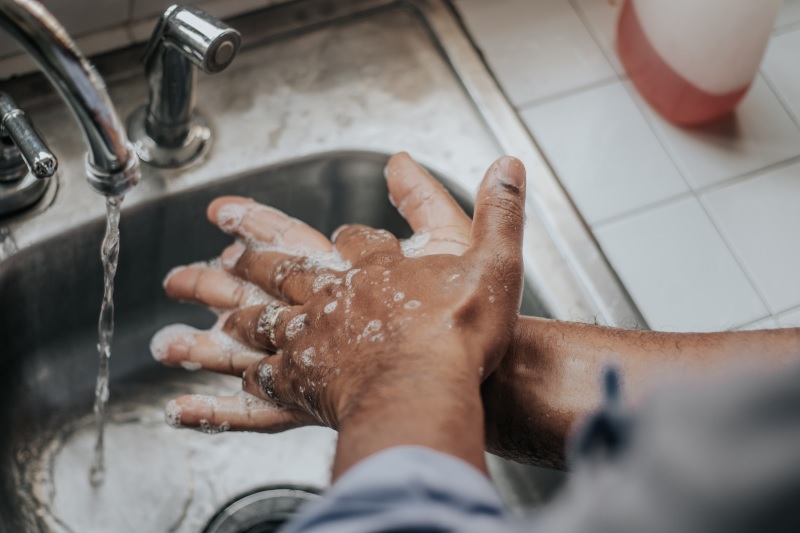
Zimbabwe Cholera Outbreak: Critics Blame Water Crisis And Poor Sanitation
In an effort to contain a rise in cholera cases – with 100 suspected deaths, most of them in September – the Government of Zimbabwe has prohibited large gatherings in parts of the country and increased surveillance at ports of entry to detect any imported infections.
Authorities fear a repeat of the 2008 epidemic where 4,000 people succumbed to the water-borne disease. Nearly 5,000 possible cases have been recorded in more than 41 districts, including the capital Harare, home to more than 2.1 million people.
According to Tuesday’s cabinet briefing, Manicaland, a province on the border with Mozambique, has recorded the highest number of infections – more than 1,000. Other areas such as Bikita in Masvingo province have also been declared high risk zones.
In an effort to contain the spread of the disease, large gatherings have been banned in Buhera district. While no more than 50 people can attend funerals, food cannot be served too – with Zimbabweans also been told to avoid shaking hands.
Keep Reading
Water Crisis, Poor Sanitation, Damaged Sewer Pipes – In Focus
The country’s perennial water shortages and a failing sanitation system have been blamed for triggering several cholera outbreaks in recent years. In some areas, people are known to go for months without running water, while raw sewage is a common sight.
Zimbabwe is implementing a cholera response strategy across the country, according to the government public health adviser Agnes Mahomva. The ailing system has compelled people to resort to unsafe water sources, including shallow wells contaminated with faecal matter.
“We are tired of this sewage, it bursts all the time. Our children are now getting sick. This has been going on for a long time,” said Charles Manika, 43. His friend, who runs a food cart, is concerned about potentially selling contaminated food as flies swarm the cooking area.
“We continue to encourage the public to watch out and follow procedures to maintain their hygiene,” said Mahomva. People in Manicaland and Masvingo have been advised against attending open markets and outdoor church camps, where there is unlikely to be sanitation.




